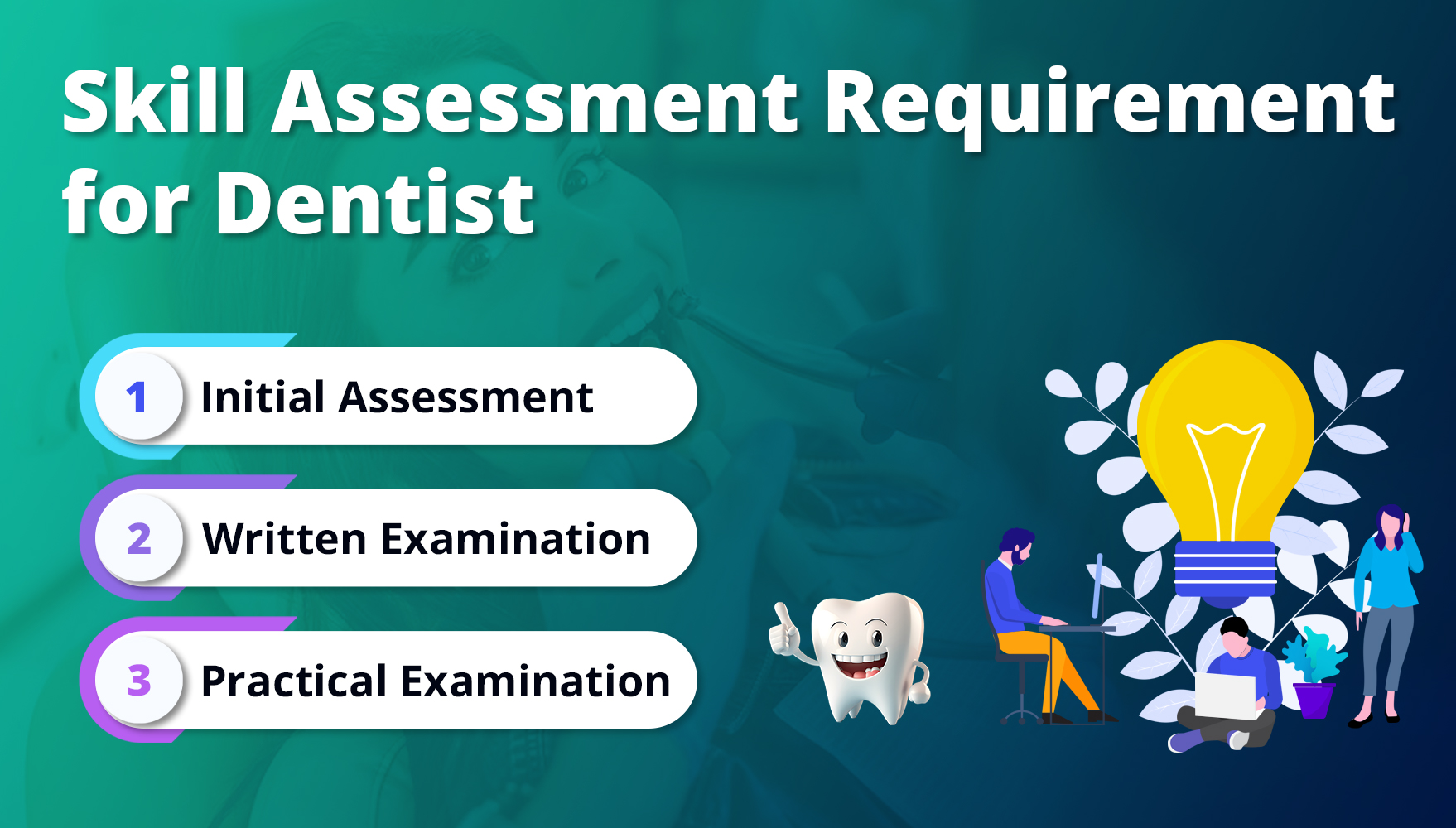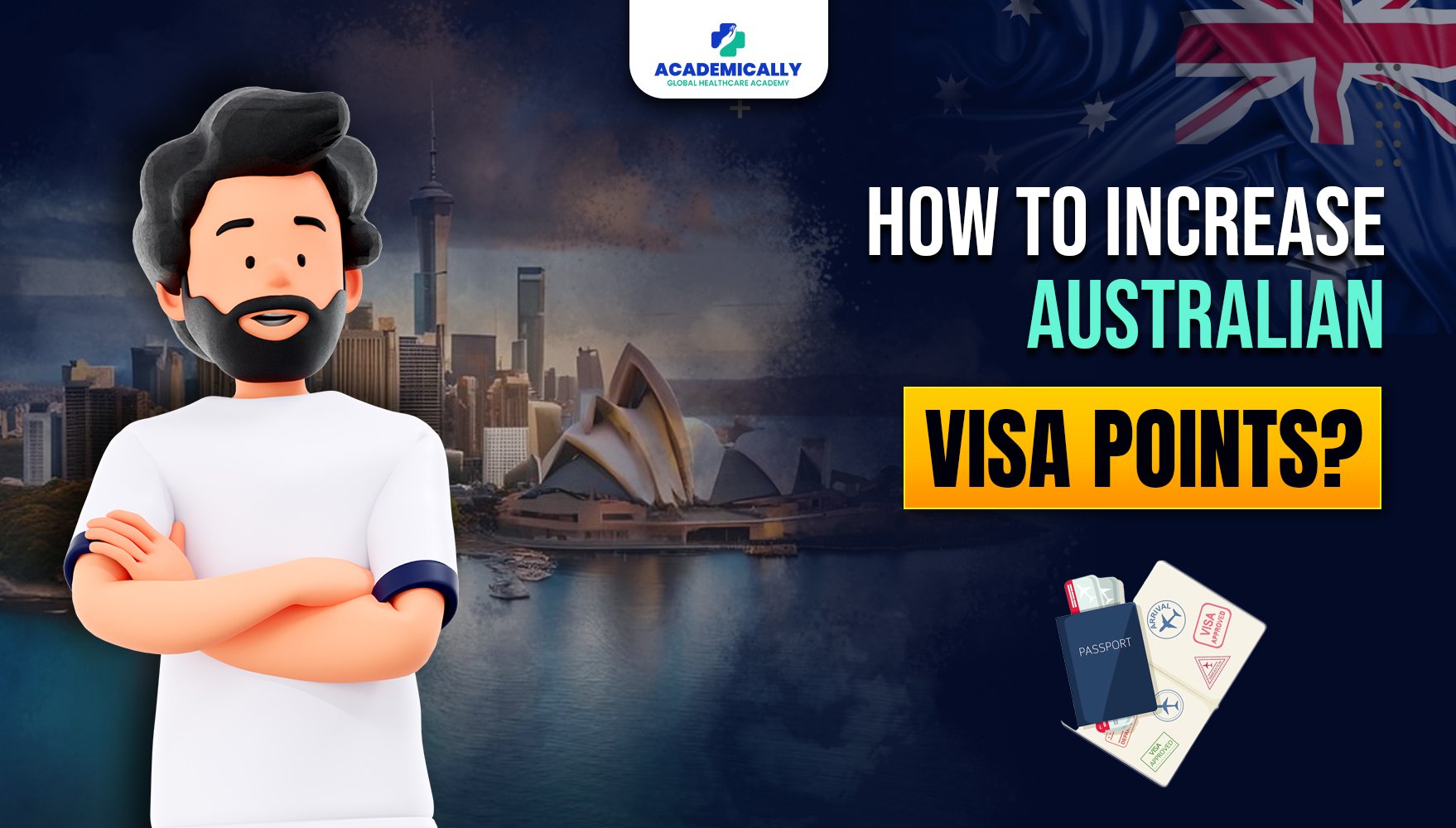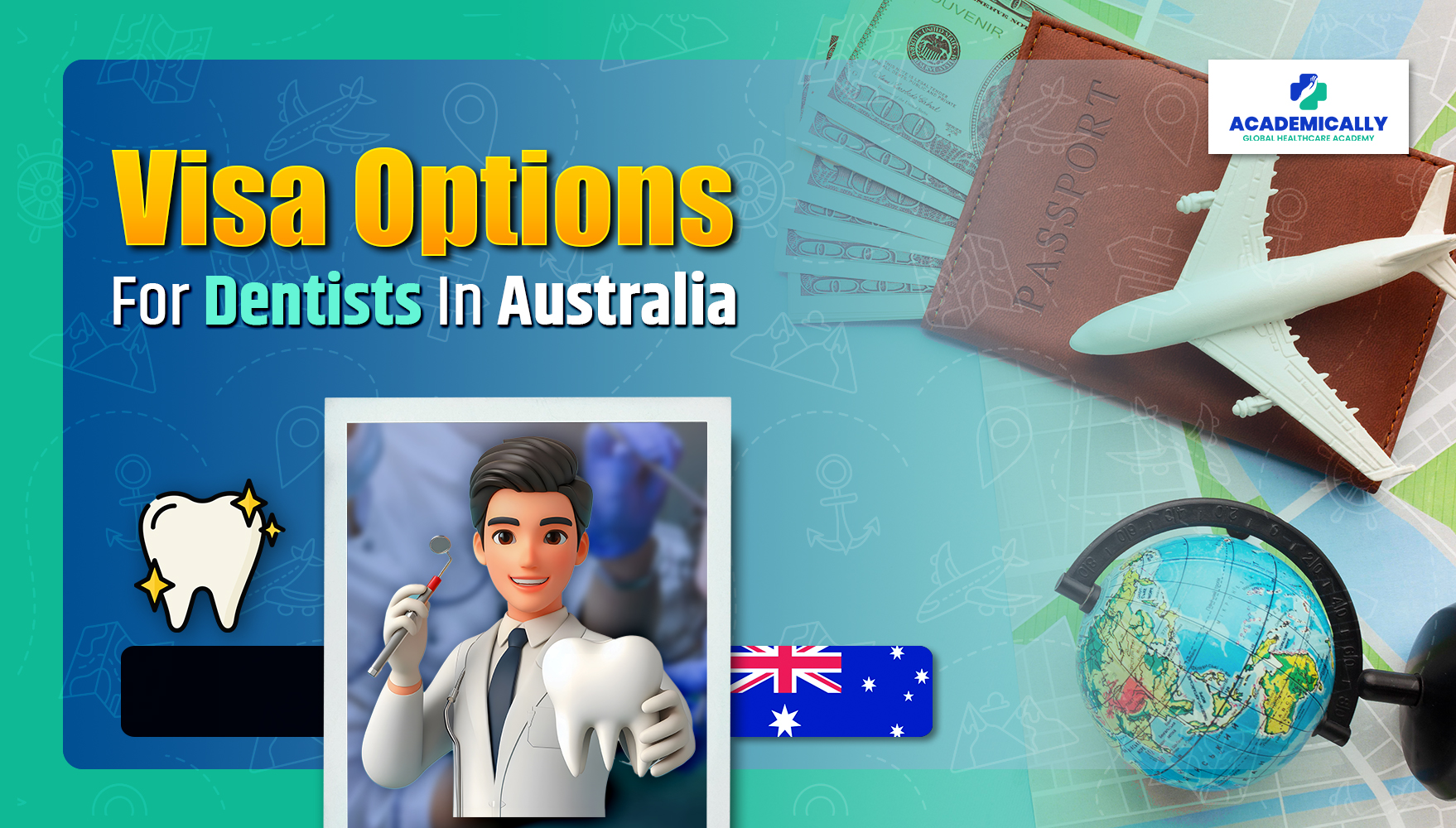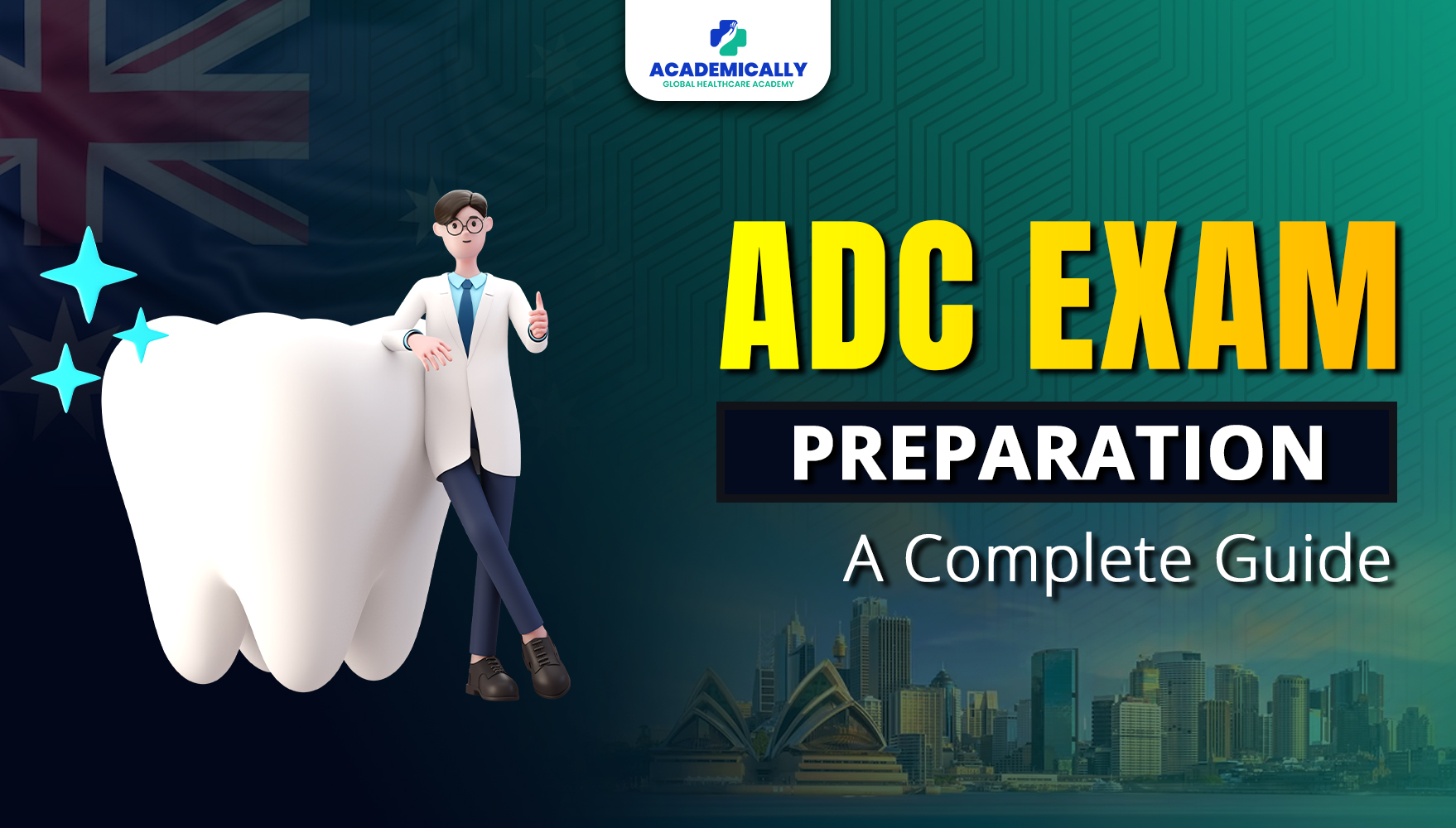
Skills Assessment Requirement for Dentists
If you're planning to apply for a visa in Australia as a dentist, you'll need to undergo a skills assessment process. Here's what it involves:
Initial Assessment
- To begin the process, you must have completed at least four years of full-time study from a recognised institution.
- Additionally, you must have been registered or licensed to practise dentistry in your home country or the country where you received your training, with no history of registration withdrawal.
Written Examination
- This part of the assessment evaluates your understanding of dental science and practice, as well as your clinical judgement and reasoning skills relevant to Australian dental standards.
- The exam is conducted by the Australian Dental Council (ADC).
- You'll need to demonstrate your theoretical knowledge and ability to apply it to real-world scenarios.
Practical Examination
- After passing the written examination, you'll become eligible to take the practical examination within three years.
- During the practical exam, your skills across various competencies will be assessed to ensure you're capable of practising dentistry effectively in Australia.
Visa Pathways for Dentists
The visa pathways for dentists in Australia is crucial for international practitioners seeking to establish their careers in this diverse and dynamic healthcare landscape.
With options ranging from permanent residency to temporary work permits, understanding these pathways is paramount for a successful transition into the Australian dental industry.
Here’s the table of visa options for professionals in Australia, tailored to accommodate dentists.
Visa | Eligibility |
189 | No |
190 | No |
485 | No |
491 (State) | Yes |
491 (Family) | No |
186 (Direct) | No |
407 (Training) | Yes |
494 (Regional Sponsored) | Yes |
482 (TSS Medium Term) | Yes |
Skilled Regional (Provisional) Visa (Subclass 491)
- The Subclass 491 visa is designed to address skill shortages in regional areas of Australia.
- Dentists willing to work in designated regional areas can apply for this visa, which offers a pathway to permanent residency after fulfilling certain conditions.
- Applicants must be nominated by a state or territory government or sponsored by an eligible relative residing in a designated regional area.
- To be eligible for Visa Subclass 491, you will require the following:
- Minimum 65 immigration points required, or higher if specified by state/territory.
- Competent English proficiency (IELTS 6.0 or equivalent), or higher if required.
- Age limit: Under 45 years.
- Invitation process: Lodge Expression of Interest (EOI) and await state/territory invitation.
- Positive skills assessment is required, with specific assessing authority for each occupation.
- Must meet health and character requirements.
Training Visa (Subclass 407)
- The Subclass 407 visa facilitates workplace-based training to enhance skills and knowledge in a specific occupation.
- International dentists can undertake structured training through this visa to further develop their expertise in the Australian dental context.
- The training program must be approved by an Australian registered training organisation or relevant professional body.
- To be eligible for Visa Subclass 407, you will require the following:
- Genuine intention to train in Australia and return home.
- Functional English proficiency (IELTS 4.5 overall, no band less than 4).
- Minimum age of 18.
- Sponsorship by an approved employer or Commonwealth agency.
- Valid private health insurance.
- Meeting health and character requirements.
Regional Sponsored Migration Scheme (Subclass 494)
- The Subclass 494 visa is a temporary visa that allows skilled workers to live and work in regional Australia for up to five years.
- Dentists nominated by an approved regional employer can apply for this visa, provided the position cannot be filled locally.
- After a specified period of employment, visa holders may be eligible to apply for permanent residency through the Subclass 191 (Permanent Residence (Skilled Regional)) visa.
- To be eligible for Visa Subclass 494, you will require the following:
- 3 years full-time work experience in nominated occupation.
- Competent English (IELTS 6.0 or equivalent).
- Age under 45 (unless exempt).
- Sponsorship by an Australian regional employer.
- Positive skills assessment.
- Reside and work in regional Australia.
Temporary Skill Shortage Medium Term Visa (Subclass 482)
- The Subclass 482 visa, also known as the Temporary Skill Shortage (TSS) Medium Term visa, enables employers to address temporary skill shortages by sponsoring skilled workers from overseas.
- Dentists with qualifications and experience in high-demand areas can be sponsored by an Australian employer to work in Australia for up to four years.
- This visa pathway may lead to permanent residency through employer sponsorship or other avenues.
- To be eligible for Visa Subclass 494, you will require the following:
- 2 years of work experience in the nominated occupation.
- IELTS overall score of at least 5.0, no band less than 5.0.
- No age requirement.
- Sponsorship by an Australian employer.
- Skills assessment generally not required.
- Must meet health and character requirements.
Benefits of Visa for Dentists in Australia
Diverse Career Opportunities: Australia offers a vibrant and diverse dental industry, providing dentists with a range of career opportunities across different settings, including private practices, hospitals, and community health centres.
High Quality of Life: Australia consistently ranks among the top countries in terms of quality of life, with excellent healthcare, education, and lifestyle amenities, making it an attractive destination for dentists and their families.
Professional Development: Dentists in Australia have access to ongoing professional development opportunities, including training programs, conferences, and research collaborations, allowing them to stay updated with the latest advancements in dentistry.
Competitive Salaries: Dentists in Australia generally earn competitive salaries, with the potential for growth and advancement based on experience, skills, and specialisation.
Pathways to Permanent Residency: Many visa options for dentists in Australia offer pathways to permanent residency, providing long-term security and stability for individuals and their families.
Cultural Diversity: Australia is known for its multicultural society, offering dentists the opportunity to work with patients from diverse backgrounds and cultures, enriching their professional experience.
Work-Life Balance: Australia promotes a healthy work-life balance, with a strong emphasis on leisure, recreation, and family time, allowing dentists to enjoy a fulfilling personal life alongside their professional career.
Access to Advanced Technology: Australian dental practices are equipped with state-of-the-art technology and facilities, enabling dentists to deliver high-quality care using the latest tools and techniques. Also Read -

Finally
Understanding the visa options available post-ADC is essential for international dentists seeking to pursue their careers in Australia. Whether aiming for temporary work experience, permanent residency, or specialised training, each visa pathway offers unique opportunities and requirements tailored to meet the diverse needs of dental professionals.
By exploring these visa options in detail and seeking professional guidance when necessary, international dentists can navigate the Australian immigration landscape with confidence and embark on a fulfilling journey in the vibrant Australian dental industry.
Fill up this form for a free one on one counselling session.





